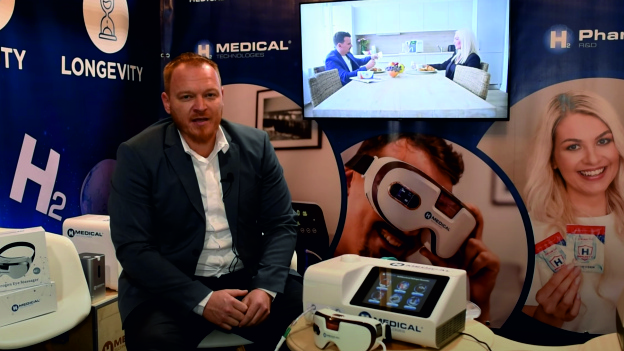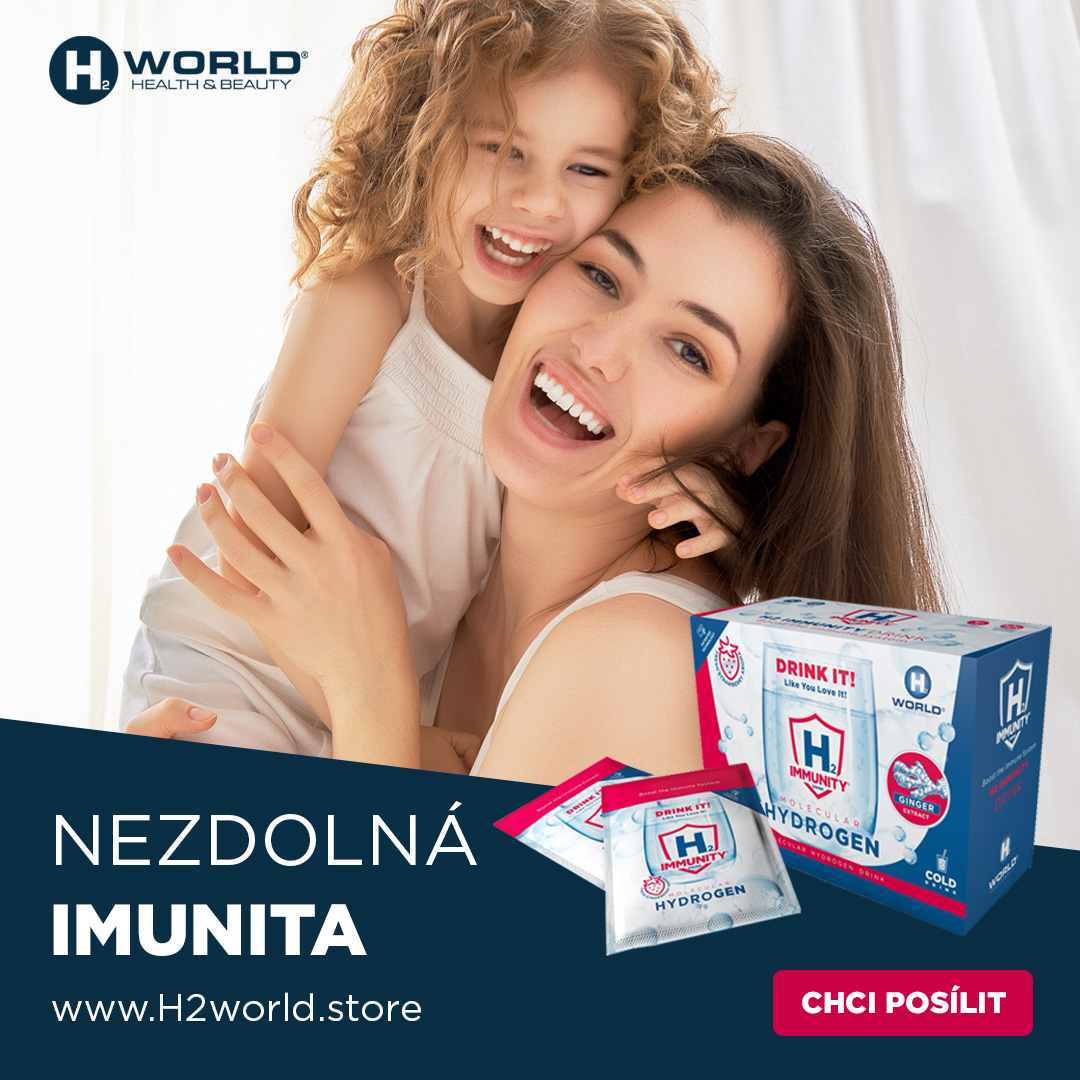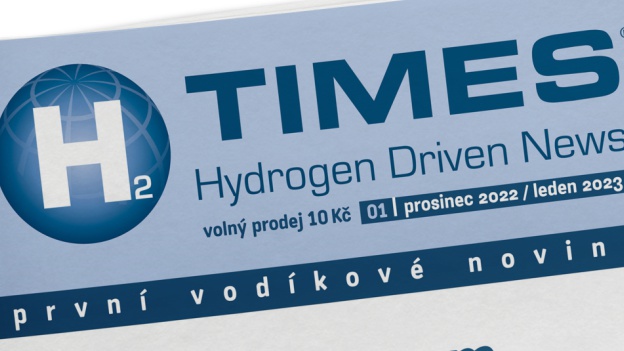Drinking is a key factor in children's health. Water makes up approximately 60% of a person's body mass and plays a vital role in all bodily functions. Insufficient fluid intake can lead to dehydration, which can have serious health consequences. It is therefore important that children have access to sufficient and appropriate beverages.
Recommendations for the drinking regime of children
Experts recommend that children drink mostly water and unsweetened beverages. For children aged 4-8 years, a daily fluid intake of around 1.2 litres is recommended, while children aged 9-13 years should drink around 1.6 litres a day. The amount of fluid should increase with the age and physical activity of the child. Water is the best choice because it contains no calories or sugar and effectively hydrates the body.

Soda consumption and its impact on obesity
Unfortunately, many children often reach for sugary sodas and juices instead of water. Research shows that excessive consumption of sweetened beverages is associated with an increase in obesity in children. According to a study published in the journal "Pediatrics", consumption of sweetened beverages is one of the main contributing factors to childhood obesity. Children who regularly drink sodas have a higher risk of being overweight and obese, which can lead to other health problems such as type 2 diabetes and heart disease.
Interesting alternatives for children
An interesting drink for children may be hydrogen water or H2 Immunity drink. This drink, in the form of dissolvable sachets with ginger, contains a balanced and complete mixture of vitamins, minerals and botanicals that support optimal immune function. The natural sugar trehalose, contained in these beverages, helps create Molecular Hydrogen® in the intestinal microflora, which is crucial for the proper functioning of many body functions. The combination of ginger and extracts of Chinese Caterpillar and Glossy Cucumber mushrooms contribute to the proper function of the immune system and have antioxidant effects. Thus, this drink can be a healthy alternative to conventional sweetened drinks, which can also support children's health.
Benefits of Molecular Hydrogen®
According to scientific studies, molecular hydrogen has several positive effects on the human body. It has an anti-inflammatory effect, helps faster recovery after physical exertion, and hydrates the entire body. These effects are particularly useful for children who are physically active and need quick recovery after sports or other activities.
Water as a basic drink
Water should remain a staple drink in children's drinking regime. It is calorie-free, contains no added sugars or artificial ingredients and is readily available. In addition to water, unsweetened teas or natural fruit juices diluted with water can occasionally be included to diversify the drinking regime and provide an additional supply of vitamins.
Ensuring a proper drinking regime is crucial for the health and well-being of children. Water and healthy alternatives, such as hydrogen water or H2 Immunity drink, can play an important role in preventing dehydration and supporting children's overall health. Avoid over-consumption of sugary drinks and encourage children to drink healthy fluids to help them maintain optimal hydration and support their growth and development.
Photo source: Shutterstock
Source:
American Academy of Pediatrics. (2019). Healthy Drinks, Healthy Kids. Pediatrics, 143(6), e20190993.































